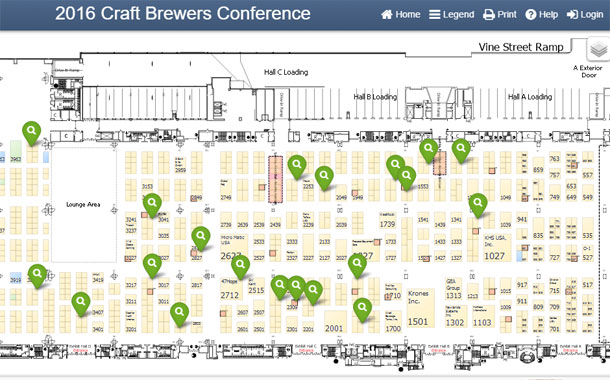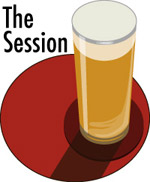MONDAY BEER & WINE LINKS, MUSING 2.29.16
According To Me: How Brewing Cultures Develop.
“Scientific brewing represents a refusal. A refusal to accept what vernacular brewing teaches us.” If you Google “vernacular brewing” you get this post, which is kind of impressive on several levels. But you need to read the post to figure out just what Alan McLeod means. It is worth your time. I don’t agree that “scientific brewing” represents a refusal, but that is likely because I would define “scientific brewing” differently. I think part of scientific brewing should be understanding, and accepting, what vernacular brewing teaches us. [Via A Good Beer Blog]
Tenth Anniversary Blogging: All Beer is Local.
Local, [Via Beervana]
Craft Beer Goes Hyperlocal With Plow-To-Pint Movement.
local, [Via Zester Daily]
5 Beers From Across the Nation That Are Redefining Local.
and local. [Via Civil Eats]
Won’t Somebody Please Think of the Children?
“With beer becoming more popular, you become more accepting and guiding to those discovering good beer for the first time. But, alas, as good beer expands and becomes more inclusive, it will open doors to the Kids.” [Via Beer Compurgation]
Matt Kramer’s ivory tower and the ‘credentialization’ of wine culture in America.
[Via Do Bianci]
An Open Letter to Wine: Matt Kramer, Can You Hear Me Way Up There?
[Via William Whelan]
Unfortunately, you need to have a paper copy of Wine Spectator or really good eyes to read the article that started this, but it isn’t really necessary.
AND FROM TWITTER
Near #Poperinge in early spring? then look out for fresh #hopshoots at local #restaurants. https://t.co/izeUXH6dEg pic.twitter.com/dHuqLIJMT7
— Beer Tourism (@Beer_Tourism) February 23, 2016
ALSO THIS:
(Clink on the date to read the responses)
Had an interesting conversation with @andrew_drinks last night about US breweries deliberately adding whey protein during dry hopping.
— Matthew Curtis (@totalcurtis) February 28, 2016

 Mark Lindner has announced the topic for The Session #109 will be
Mark Lindner has announced the topic for The Session #109 will be